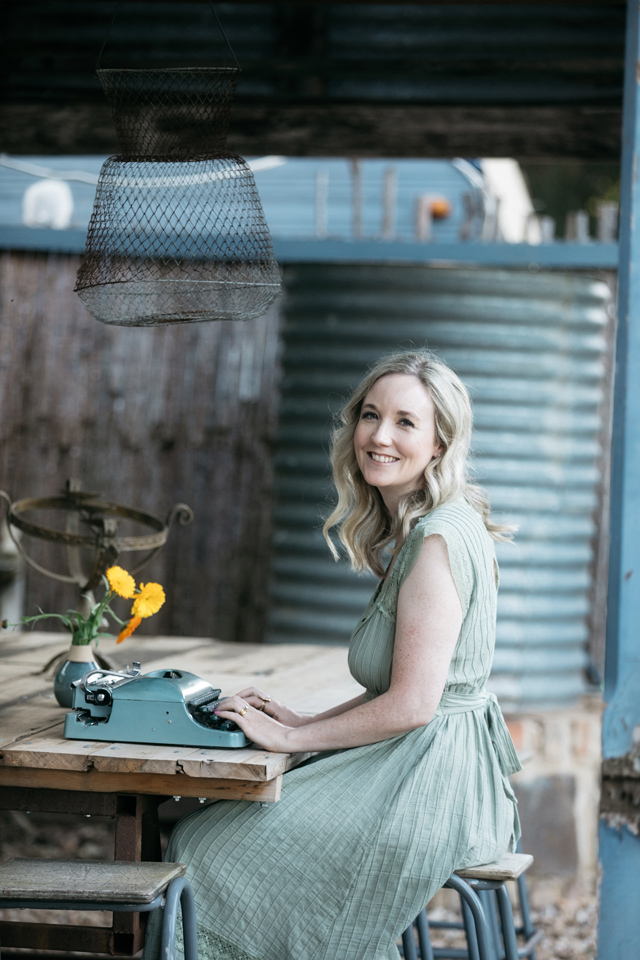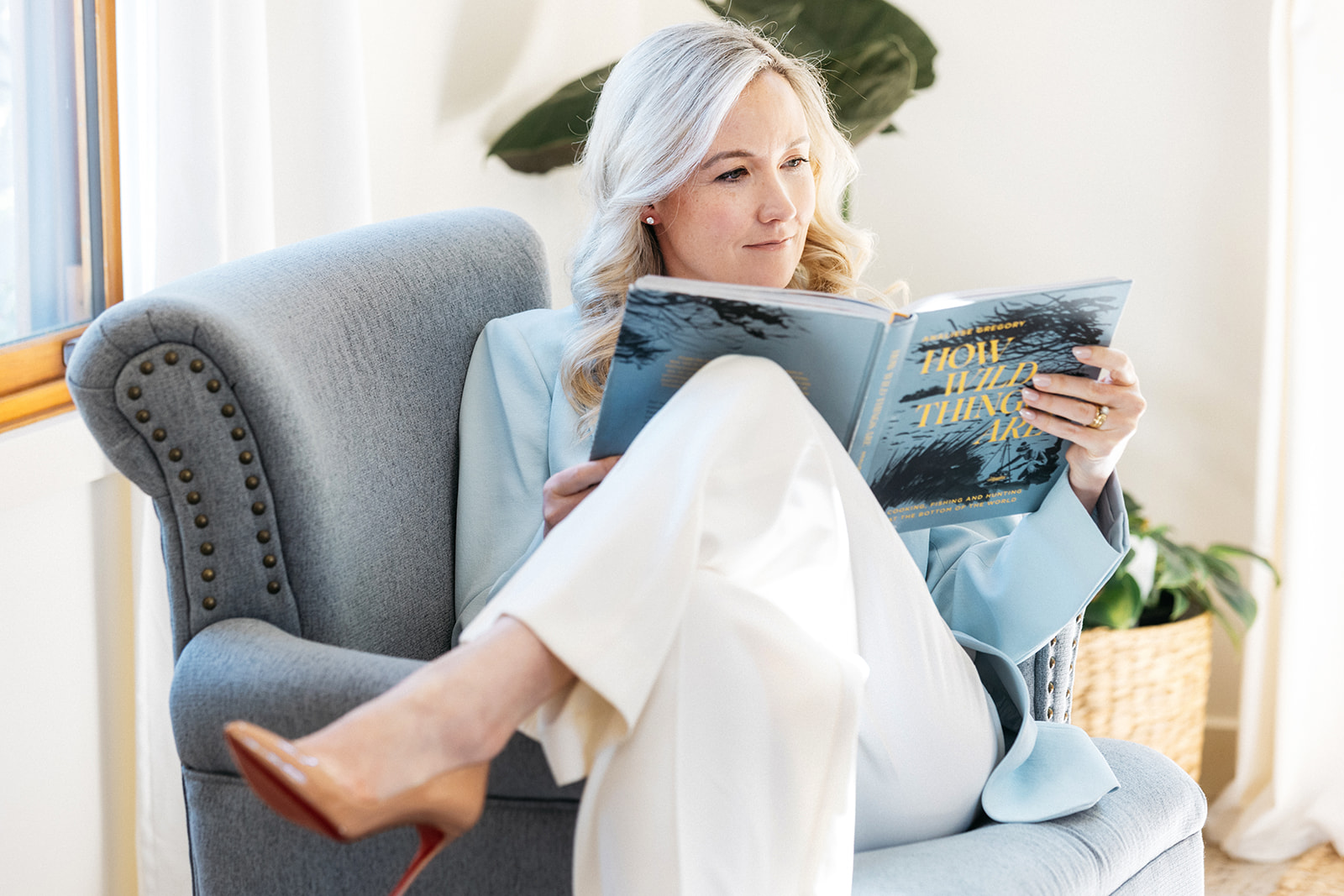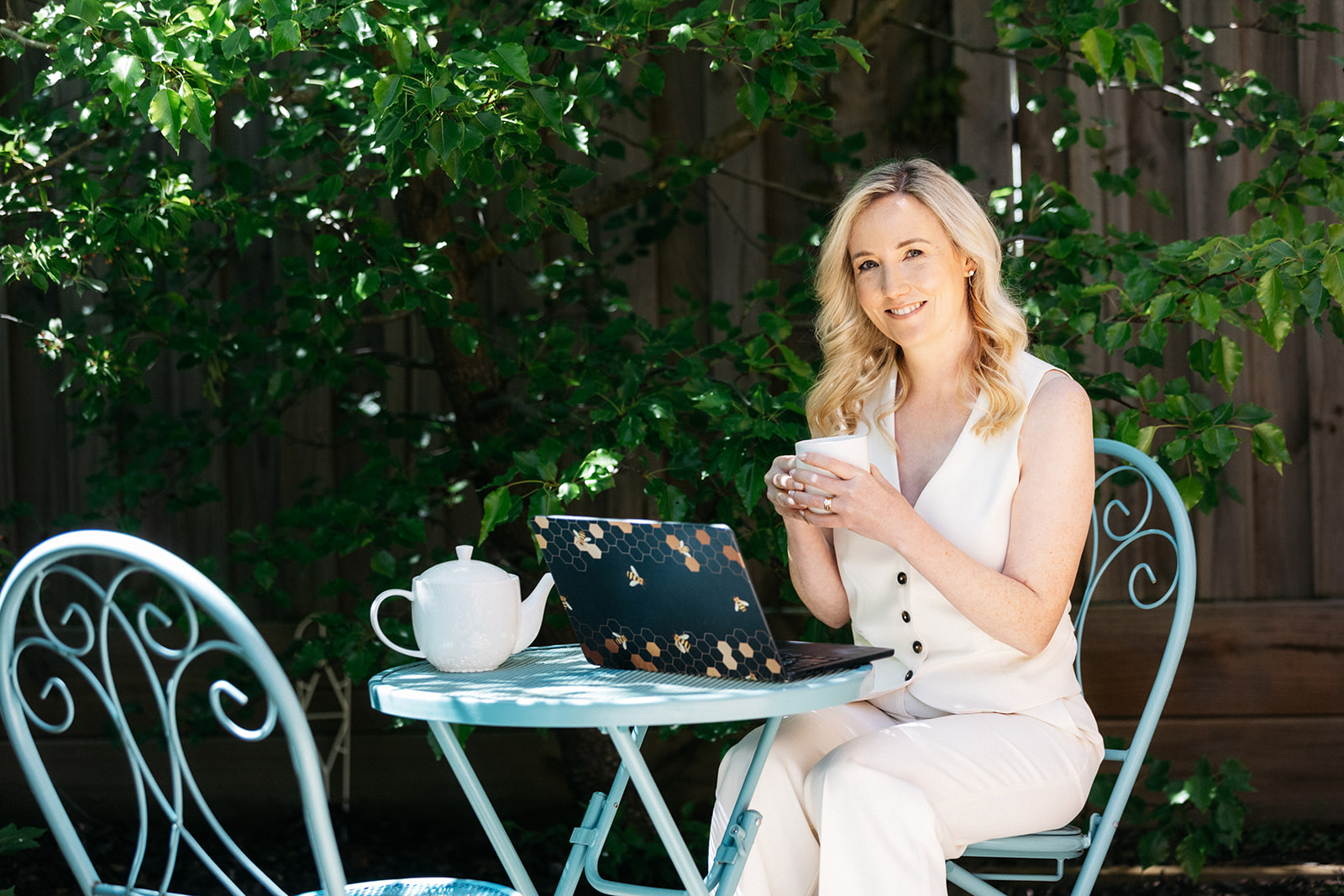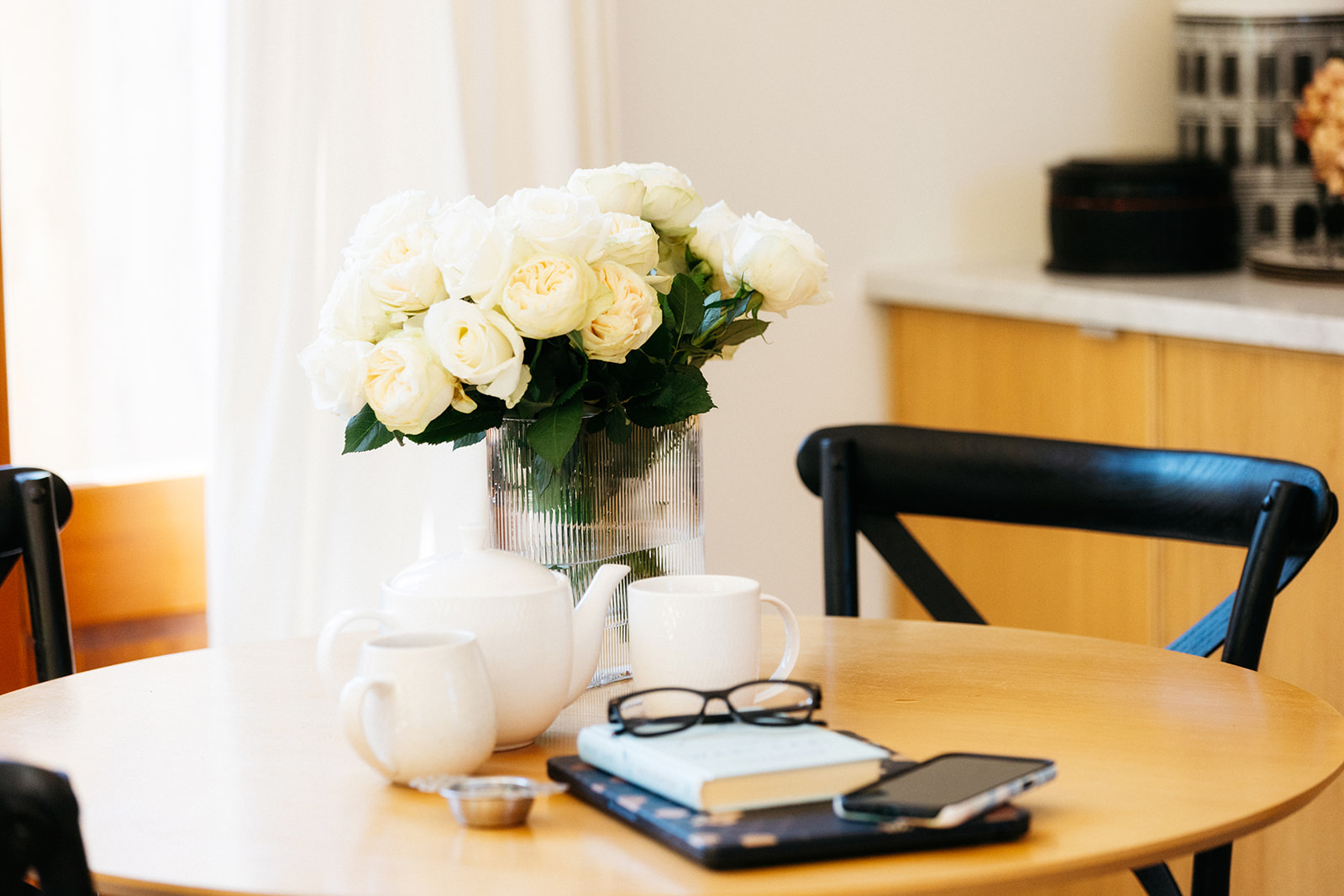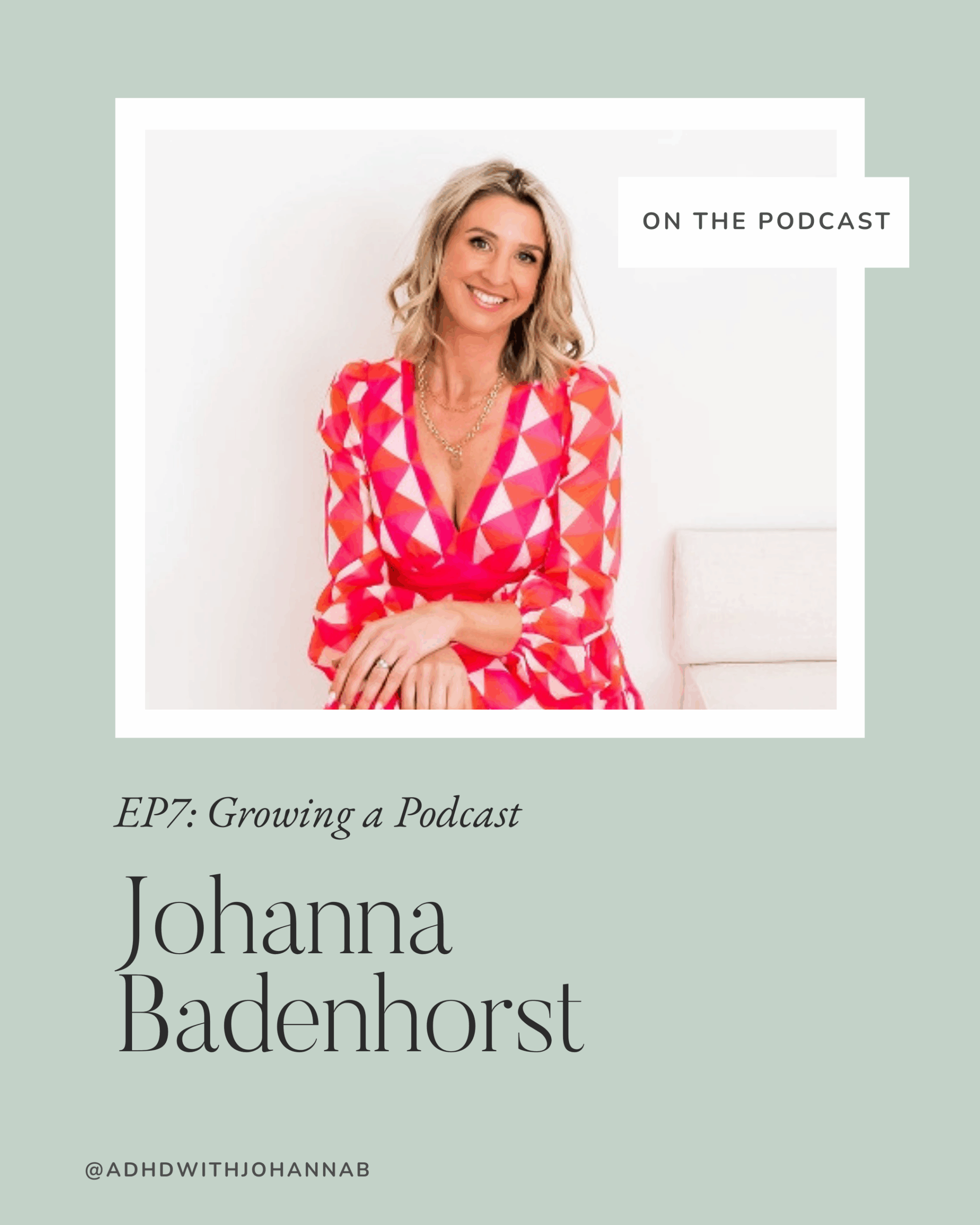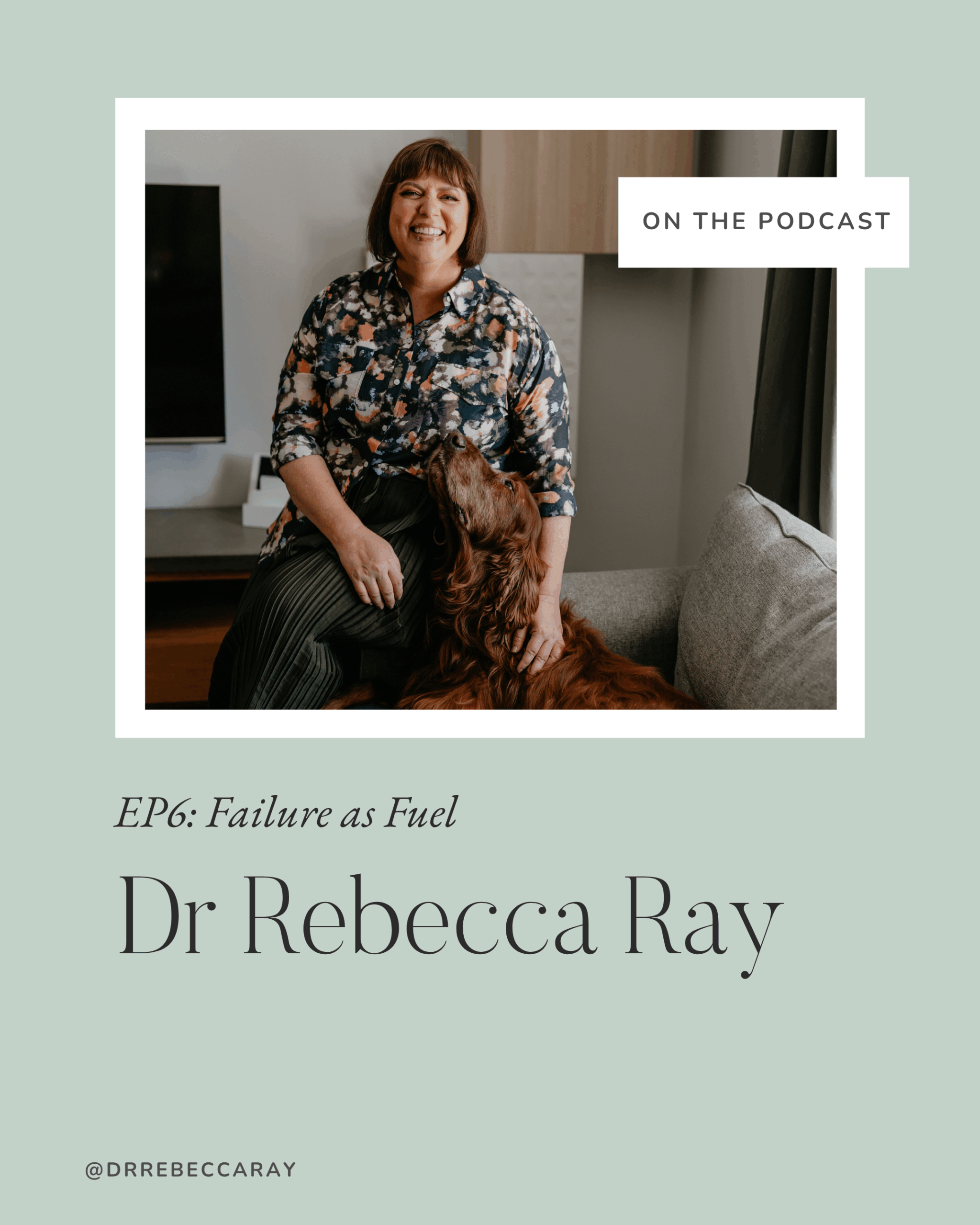First up
If you prefer to listen or watch, I’ve chatted about this topic on the podcast and YouTube channel.
It’s been over 18 months since I quit social media.
I’ve been reflecting on where I think social media use fits within discussions about perinatal mental health.
There’s a phrase that’s used in trauma therapy sometimes – “don’t ask and you won’t be told”. Meaning that people generally don’t volunteer shame-filled, unpleasant experiences. You’ve got to ask them.
So, I invite you to ask yourself – where does social media use fit within your overall concept of your mental health?
AND, we could go a step further and ask – where does social media use fit within how you maintain optimal mental health?
I rarely hear people talking about how social media use potentially gets in the way of maintenance.
Yet, it must get in the way. Think about it – if you’re a teenager struggling with disordered eating and you spend 1 hour a week with a therapist saying one thing (e.g., I can see you are suffering), versus hours and hours of social media videos with peers saying something else (you just need more will power), which one is going to take up more real estate in your brain?
Here’s an excerpt from my book Social Media Detox for Mums
I wonder how many mums go to therapy or coaching for one hour a week. In that one hour, they work on strategies to feel better. But then, within an hour they are on Instagram scrolling for 20-plus hours before their next session. Do you see what I’m saying about how social media addiction might just be cancelling out the deep mental health work? That it might, in fact, be interrupting the process of maintenance?
18 months on, what’s clear for me is this:
1. Social media mostly drained rather than topped up my energy
For me, going on social media after consistently poor sleep is too taxing on my nervous system.
In Internal Family systems and Schema Therapy, therapists often talk about ‘parts’. It’s a way of breaking down how we experience and adapt to shame. For example, a person who grew up in chaos might have a part of them that is looking to re-create chaos and excitement. In some ways, we’re all just walking around trying to mee the needs of our wounded inner child.
There is a part of me who really just isn’t suited to using social media.
I find it mentally taxing to try orchestrate an online world that’s just tortoises eating watermelon and not all the suffering in the world. The part of me that wants to distract from my pain though the connection and entertainment that social media might bring isn’t nourished.
2. Social media is only one way to help and connect
It’s OK if I haven’t worked out a way to not feel drained by social media. Even if other therapists, coaches and female leaders I know seem to have figured it out and are doing ‘well’ and being ‘successful’ on social media. It doesn’t have to be the same choice for me.
3. Not scrolling at night showed me just how low my dopamine levels are at night, particularly during winter
Like a lot of exhausted parents I’m tired and wired at night. That means I’m more susceptible to looking for shiny things to get a hit of feel good hormones. I still have a long way to go with gently course correcting my relationship with sleep. I still have my phone next to me at night. I still watch TV on it when I could be sleeping. I don’t have to be perfect, it’s a work in progress. Not using social media on my phone at night was one decent step towards the outcome I’d like.
4. It’s important to acknowledge the grief around lost connections.
I’ll be real here. There are friends on and offline who I literally haven’t heard from since I quit 18 months ago.
There is a part of my childhood wounding there which wants to sit in disappointment and over analyze it, but wise adult me can step in.
It’s important to remember all the transitory relationships we’ve ever had. Some people come into our lives for a short time, or in a limited way. Maintaining a massive network of connections is hard work and something humans aren’t wired to do.
5. 18 months on, I still think cruel optimism is part of the social media machine.
I still hear women in particular saying the same things about social media and business as they did 5 years ago – “if you’re just consistent”, “if you just create original content”, “if you just show up”, “if you just stick at it” and usually at some point “if you just buy this planner, software, hire a social media manager or do this course then you too will be successful”.
All while these claims are rarely tested. We keep telling people that to be successful they need to keep using social media, yet ignoring the mental health implications of cruel optimism.
Cruel optimism is where you take a problem that has really big causes or is quite complex, then you sell a simple solution. An app, a product, a formula that seems to have worked for other people, but ignores the bigger picture.
When the simple solution doesn’t then work for you, you’ll tend to blame yourself. How many women have your heard say that they ‘failed’ at hypnobirthing, sleep school, doing a 7 figure launch, getting their fussy eater to like kale…the list goes on.
I share this because I know many people continue to feel like they don’t know how to navigate social media use.
To find self-compassionate, non-judgemental ways to work out what is right for you is hard. It’s not as simple as saying “just don’t use it”.
We can’t change behaviour by shaming people into what we believe they should or shouldn’t do.
What I know for sure though is that no therapy, coaching or mental health conversation is complete without reflecting on where social media use fits for the individual.
Erin
Pre orders for my new book, Social Media Detox for Mums is open!
Booktopia (21% off)
Angus & Robertson (20% off)
